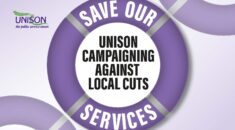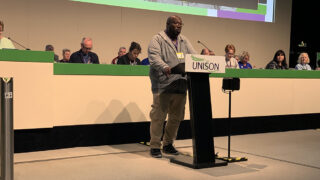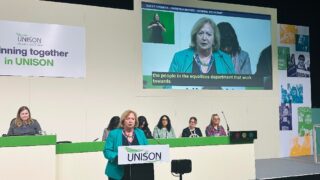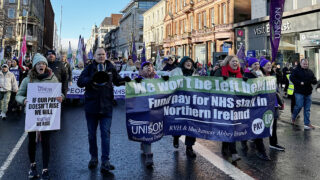The people of Scotland have voted to remain within the United Kingdom, after one of the biggest turnouts in history.
Scots voted by 55% to 45% to stay in the union.
Nevertheless, the referendum has momentous consequences for the UK.
In the wake of the result, Prime Minister David Cameron vowed not only to honour his pledge for greater devolved powers for Scotland – on tax, spending and welfare – but to do the same for the other UK nations.
“A new and fair settlement for Scotland should be accompanied by fair settlements for other countries,” he said, including ‘English votes for English laws’.”
UNISON noted that a key issue in the referendum was the future of public services.
Mike Kirby, UNISON’s Scottish Secretary said: “This has been an historic referendum with extraordinary levels of political engagement.
“The future of public services has been central to the debate across the media, local communities and families in Scotland. And it has been weighing on the minds of most, as they cast their vote in the referendum.
“The people have been absolutely clear that they value public services. They reject privatisation, they want investment – not cuts - in public services, and demand that public services remain in public hands.
“UNISON will continue to work together with other trade unions, civic society and politicians of all parties to meet these aspirations.”
Today’s result is the culmination of a two-year campaign. Despite the defeat of the ‘yes’ campaign, more than one and a half million Scots, including the majority in the country’s biggest city, Glasgow, voted to break away.
Lord Smith of Kelvin will oversee the implementation of more devolution for the Scottish Parliament, with draft legislation by January.
Leader of the Commons William Hague will chair a committee to pursue the changes for England, Wales and Northern Ireland, in what the BBC’s Andrew Marr has called a “constitutional revolution.”






